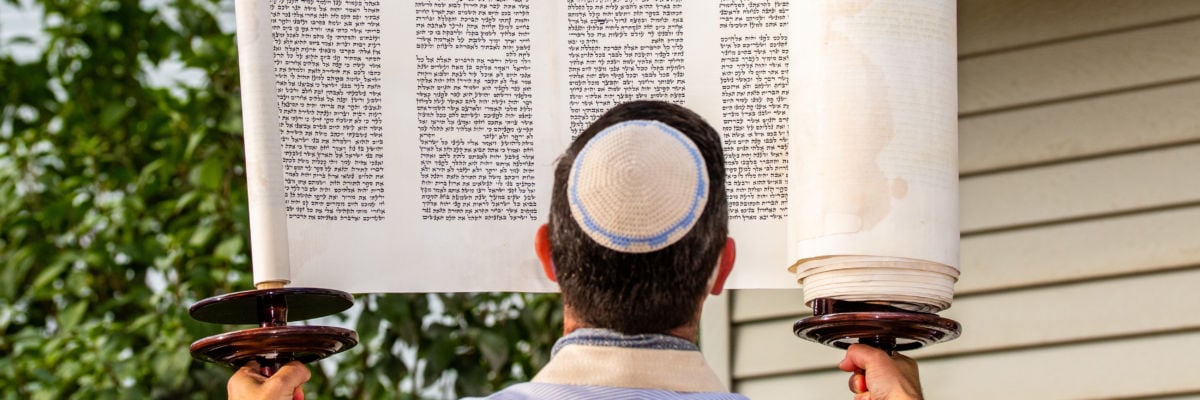
In the Old Testament, Israel kept Saturday, the seventh day, holy as God commanded. But now, most Christians worship on Sunday, the first day. What happened? Did someone try to change the day of the sabbath?
Transcript:
Caller: So did the Catholic Church, did they change the Sabbath from Saturday to Sunday?
Mark Brumley: I’m gonna say no, and I’m gonna say no because we don’t understand Sunday to be the Sabbath.
The Sabbath is the seventh day. In the Old Testament it was part of the covenant and part of God’s commandment to observe the seventh day as a way of acknowledging the goodness of God’s original creation and God’s saving act of bringing Israel out of bondage in Egypt and establishing Israel as his new covenant people, as the beginning of the process of bringing about a new creation. So that’s what the Sabbath meant.
In the New Testament, when Jesus dies and rises again on the third day—he comes back to life, he’s resurrected, transformed by God the Father on Sunday—then what was the way of acknowledging God by honoring a certain day related to God’s actions, would have been the Sabbath, gets transformed into the first day—you know, it’s the first day of the week—the first day of the new creation.
So Christians don’t worship together on the seventh day, which is the day of completion for the old creation; rather, because of Jesus’ resurrection, when God is done in raising Jesus from the dead on the first day of the week, Christians celebrate the new creation, the beginning of the new creation—which is what Jesus’ resurrection is all about—and we look forward to the completion of that new creation at the end of history when we will have the “super-Sabbath,” the final Sabbath entering the fullness of the rest that God intends for His creation.
So Christians, because of what Jesus has done through the Resurrection, look at the Lord’s day no longer as the Sabbath of the Old Testament, the seventh day of the week, Saturday, but rather they look at the Lord’s day as the beginning of the new creation, the first day of the week, which is Sunday.
Host: Now how was that for you, Dakota? Does that make sense to you?
Caller: It kinda confuses me, because, like you said, Jesus was risen on the first day of the week, which is Sunday, and the seventh day of the week in Saturday. So one of God’s commandments, the fourth commandment: “Remember the Sabbath and keep it holy.” So why are we worshiping on Sunday instead of Saturday?
Mark Brumley: Well, that commandment we have to interpret—as we do everything in the Old Testament, as we do everything in the Bible—we understand that commandment and we understand the rest of the Bible in light of Christ. Christ is the interpretive norm, the standard, that Christians have for understanding the Old Testament.
So just as the other commandments, the other things in the Old Testament, are understood as pointing to Christ—and some of those things, like circumcision, some of the dietary requirements of the Old Testament, the Mosaic covenant, were things that had to do with that covenant and God’s purpose in calling Israel as a people to prepare for the coming of Jesus. Just as we now interpret those things in light of Christ, and some of those things aren’t practiced or aren’t practiced the way they were in the Old Testament—so circumcision is no longer a sign of the covenant, that’s been transformed into baptism, so the commandments in the Old Testament that had to do with circumcision, even though they were given by God, even though they’re part of his covenant, even though they were his commandments; when we understand them in the light of Christ, that they were pointing to Christ in the New Covenant, when the New Covenant comes, those commandments don’t apply in the same way as they did.
Similarly, with respect to the Sabbath that pointed to the old creation and God’s establishment of the people of Israel, well, when the new creation begins, and the new people, the Church, is formed, we interpret that commandment in light of God’s bigger purpose.



